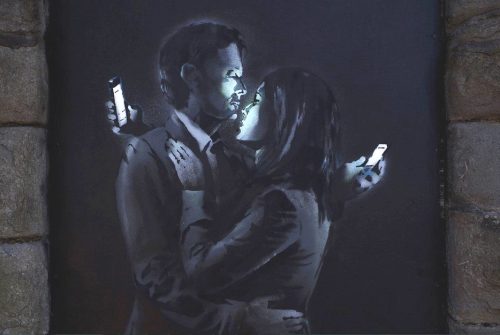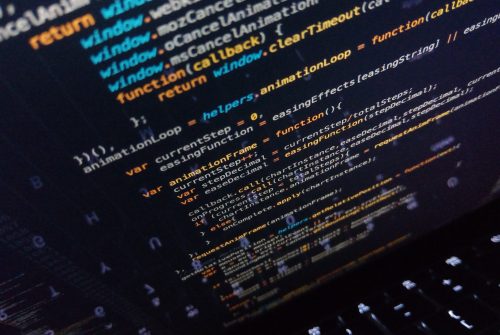Can crowdfunding help pay the lawyer’s fee?
25 January 2019 | Written by Guido Casavecchia
Online fundraising campaigns seem to be increasingly successful. Also to finance legal fees.
Times and costs of justice can stretch out excessively, to the detriment of the fundamental principle of every order: the right to a fair trial. To encourage equity, solutions are found in the solidarity of others.
Crowdfunding is a collection of online funds, in which many people contribute with even modest amounts of money to encourage the development of a project or initiative that they consider interesting.
Often there is no economic return, even if the most effective collections are those of equity crowdfunding: in this way, you become an effective member of the project, buying a shareholding and being entitled to any future dividends.
There are many donation fields: to support medical expenses, emergencies, charities, commemorations, buy cultural products, make music CDs, events, take a trip, promote your work or pursue the dream of a lifetime. It is clearly a field of experimentation and originality, in which the most innovative ideas can strike the public and gain great media and economic confidence. Initiatives start from individual subjects or organizations, demonstrating that virtual solidarity is often stronger than real solidarity.
Lastly, the collection is being tested to repay legal fees. Just share your trial case on the platform, tell your story, set economic goals, an expiration date – and wait for donations to arrive.
Plumfund, a startup that launched the category of fundraising for divorces, was born in the USA. Even movie star Russell Crowe had to auction valuable items used on his film sets to support the costs of a separation lawsuit.
CrowdJustice, for example, gives space to British citizens who have appealed against Brexit. The same platform supports two causes of its customers against the U.S. President Donald Trump.
FundRazr collects donations for the costs of the legal staff of WikiLeaks and Julian Assange.
A former employee of Crytek, a manufacturer of video games, has instead used crowdfunding to get unpaid back pay.
In Italy, in 2010 arrived GoFundme, starting from the divorce sector, the one that most creates solidarity among donors. He also raised funds to pay the legal expenses of the family of Carlo Macro, a man murdered in Rome in 2014, who has never received any compensation from the state.
Produzionidalbasso.com, on the other hand, helped AgoraVox to support the costs of a journalist’s trial.
The “David vs. Goliath” campaign, that wanted to fund the costs of a litigation with a bank on TakeOff, was harder to support. The entrepreneur in question has adopted an innovative technology: reward-based crowdfunding. The donor receives in return small gifts, gadgets or networking meetings, seminars and team building projects organized by the company owned by the recipient of the donations.
There are also lawyers who decide to use the network in the first person to finance their projects. This is the case of a protracted protest in Sardinia, in 2014, against legislative reforms considered wrong, which has financed the publication of ads.
The Family Lawyer Association, a non-profit organization that wants to provide free and itinerant legal support, has sought in the social charity a help to buy a camper and inform citizens by visiting directly the main Italian squares.
A lot of sensation was caused by Raffaele Sollecito when he decided to raise funds to support his lawyers’ fees in the Meredith Kercher case. The responses of the people, of the crowd of the internet were extremely different. To the charity plan, to the solidarity support usually due to the goodness of the project, in this case we should also add the procedural plan. His supporters (all fellow Americans of the co-defendant Amanda Knox) found him innocent, a victim of the Italian media system, and trusted it by contributing financially to his cause. In Italy, however, the most were annoyed by his request for money.
The same impact, on the public financier, is creating the campaign to pay the legal fees of the NoTap activists, the pipeline under construction in Puglia.
The success of these collections lies in the easy accessibility to the platforms, in the continuous updating of the development of the financed projects, in the lack of taxes on the funds and in the identification that is created between supporters and recipients.
Obviously, they are positive aspects, the people of the internet move faster than the real one, even with more confidence. This could, however, create some dystonia just around the causes sustained.
The media processes, the sentences already written by the crowd before the judges, are nurtured in this circle of IT supporters. The risk is certainly not to influence the course of the judiciary, but to create an identification that is excessively oriented towards a single part (the one that leads to a better campaign on social media). And what to do when losing the cause, and the money, is not only the party in process but also the donors of the network?
The impact of crowdfunding goes beyond mere online benefits, sets in motion an entire system of supporters (or detractors, if necessary) of justice.







